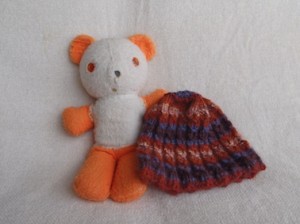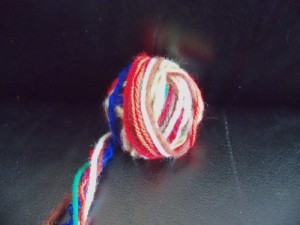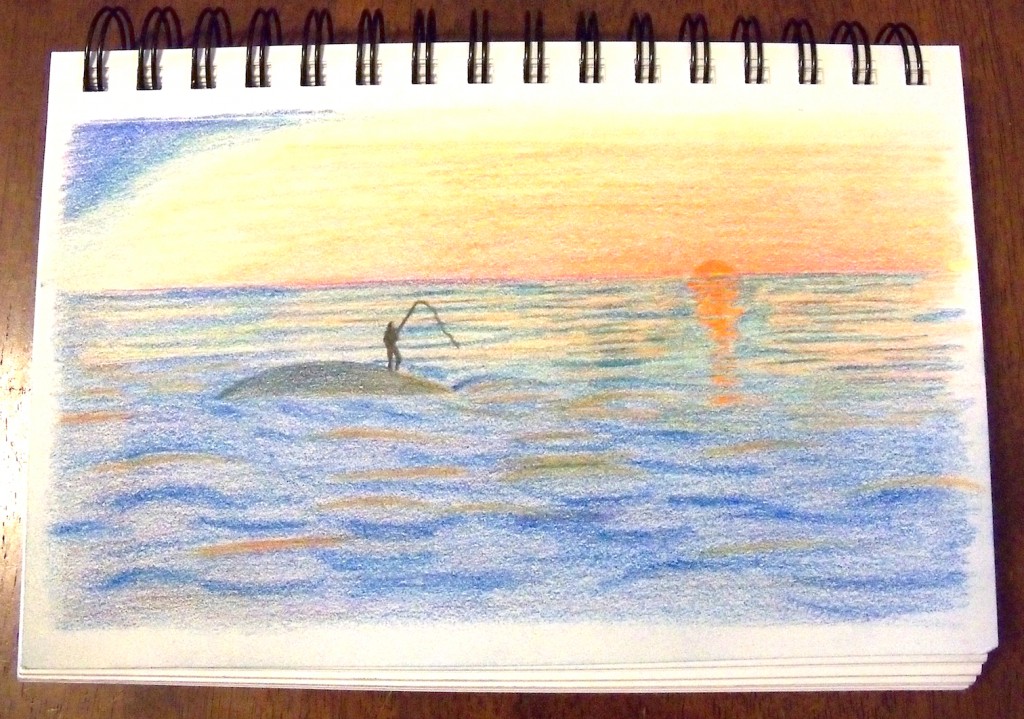I often like to think about why I feel the way I do. When I start the day in a blah mood, how can I improve it? When I feel tired, what can I do to feel better, and have more energy? Many times, I need to change what I am thinking, but sometimes, just getting a change of scenery or distracting myself from what I was doing, is enough to make me feel better.
Our moods are definitely affected by what we do with our bodies. Sitting in one position, such as sitting at a computer or behind the wheel driving for hours, can make us stagnant. Moving around helps us think and keeps our brains active. Even a short walk, swinging my arms, makes me feel so much more alive.
Isn’t it interesting how when you are tense, it helps to stretch — which is actually putting tension on your muscles. When you feel fit, you also feel like being more active. When you smile, you feel better, and it works in reverse also: if you want to feel better, you can fake a smile. I learned that last one from Malcolm Gladwell’s book Blink, and it really does work.
I’ve noticed that in yoga, sometimes the instructor reminds me to relax my face muscles or soften my facial expression, so I’ve been playing around with that idea. I am working on becoming more aware of neck and face tension, and reminding myself to ease up. There’s a fun little visualization that I’ve been using that I’d like to share with you.
Visualization: Taking off the Tuque
To start off, I should explain for those of you not from Canada what a tuque is (pronounced “too-ke”). It’s a knitted hat, and can range from loose to tight, big to small, thick to thin. I believe it is a French Canadian word, which explains why people from other countries don’t usually know it. :)t
Now, imagine that you are wearing four or five tuques (or any type of close-fitting hat), one on top of the other. There are so many layers, they are squeezing your head all around. Gradually, imagine that you are taking them off, one by one, until you feel the tension release. Your head is no longer being squeezed, and you can feel the light of the sun and the gentle, cool breeze on your head.
Whenever you feel a bit tense, stop and imagine that you are taking the hats off — if you feel really pressured, maybe the hat is a tight swimmer’s cap! As you remove the hats, you feel lighter, your face feels brighter, your eyes feel softer and your scalp more relaxed. The top of your head feels warm and alive… and in addition to feeling more relaxed, you may also find you are better able to connect to your intuition. The seventh chakra is on the very top of your head, so this visualization is bound to help release any pent-up energy.
Hope this helps you relieve tension and feel more at-ease!





 Joseph Campbell, philosopher, mythologist, author of The Hero with a Thousand Faces was interviewed by Bill Moyers, and the video series which aired on public stations is called The Power of Myth. In it, Campbell talks a great deal about myths that are common around the world, what they mean, and what their symbolism means for us in our lives.
Joseph Campbell, philosopher, mythologist, author of The Hero with a Thousand Faces was interviewed by Bill Moyers, and the video series which aired on public stations is called The Power of Myth. In it, Campbell talks a great deal about myths that are common around the world, what they mean, and what their symbolism means for us in our lives.













